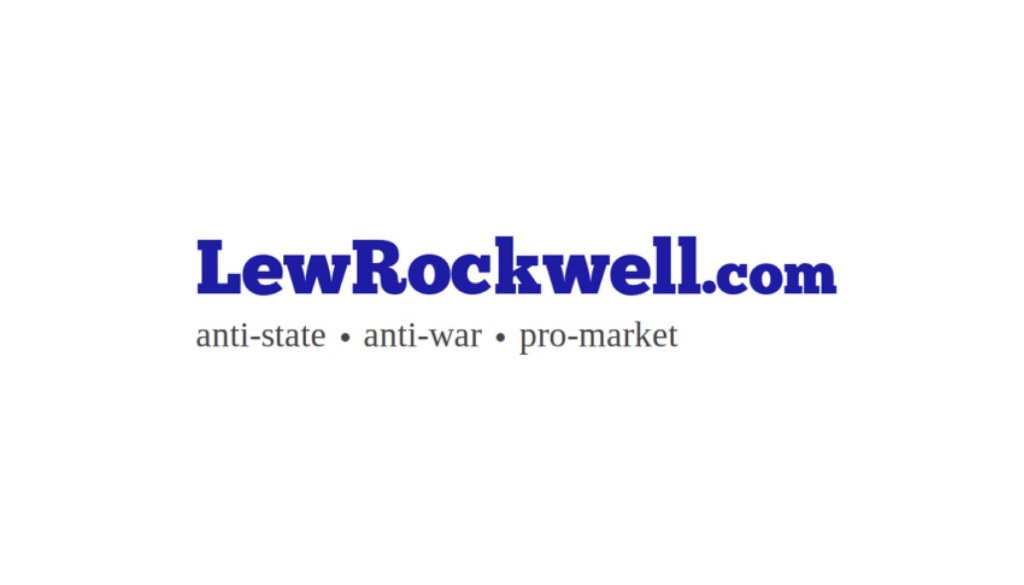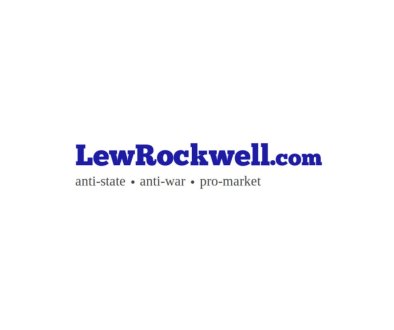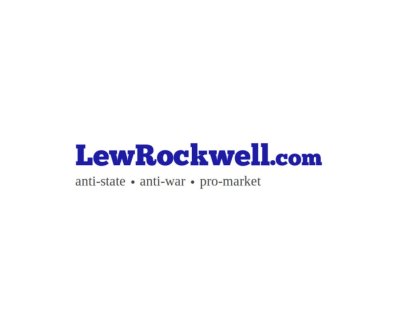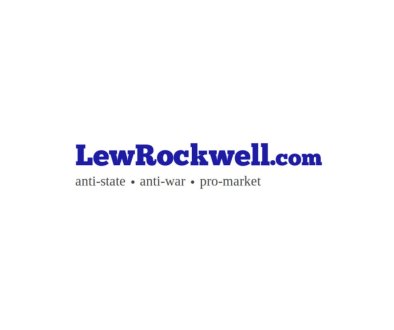Uh-Oh, Trump Has Infuriated The Literary Magazines
There was a time when small presses were an important part of the lifeblood of American culture.
The pressures of entrepreneurship were part of what made 1.) farmers great, 2.) small businesses great, 3.) doctors great, 4.) teachers and tutors great, 5.) local newspapers great, and many others great.
These entities meant much in the life of a community, as did anyone else who had to interact with real people daily and had to balance the checkbook weekly. There are considerable pressures in life pushing us away from those realities, pressures we must guard against in each of our lives.
Literary pursuits were a normal aspect of the work of small presses. Poetry might appear in newspapers or magazines that were not considered “literary.” Book serializations might appear in publications that would be considered mainstream by contemporary standards. Drawings and art might be commonplace. Drawings, in the form of political commentary, continue to be commonplace in mainstream publications. Such stark lines have not always been drawn between literary and non-literary the way they are in our era of over-specialization.
That was especially true in the United States, where, try as they may, the establishment figures had the hardest time insulating themselves from the pressures of reality the way the European establishment so successfully seemed to do.
While it is unfair to point to one specific figure since the trajectory of American culture has always had a prominent anti-liberty subset of influencers, the establishment of New Deal era programs around “protecting” the arts and “establishing” the arts under the watch of four-term president Franklin Roosevelt has come to impact American arts and letters for nearly a century.
Under the influence of guaranteed “protective” federal funding, literary magazines went a different way than what would have been typical for a small press dependent on their supporters. They became establishment. They became not just part of some local establishment. They became part of a national establishment. This trend was more wide-ranging than literary magazines. Schools popped up increasingly to teach writing the way the establishment wanted it. The same became of art. Such schools even came to perform a gateway function, helping to sort out who belonged from who did not belong. Schools became institutions that provided secure salaries for establishment voices who could not attract audiences through their brazen pursuit of truth, but who instead attracted sinecures, awards, and honors from those who wanted to hear not from truth-seekers but from the establishment. The publishing industry and all forms of media grew increasingly stultified.
Among the greatest losses in this process was the adjusting of the notion of small scrappy presses and small scrappy literary magazines into the mindset of being a part of something called, “the publishing industry.” The two ideas could not have been more disparate.
What a loss for America that was. But in all likelihood it was more of a loss for publishers of literary magazines and for small presses, for they stopped being relevant. They continued to s
Article from LewRockwell

LewRockwell.com is a libertarian website that publishes articles, essays, and blog posts advocating for minimal government, free markets, and individual liberty. The site was founded by Lew Rockwell, an American libertarian political commentator, activist, and former congressional staffer. The website often features content that is critical of mainstream politics, state intervention, and foreign policy, among other topics. It is a platform frequently used to disseminate Austrian economics, a school of economic thought that is popular among some libertarians.




